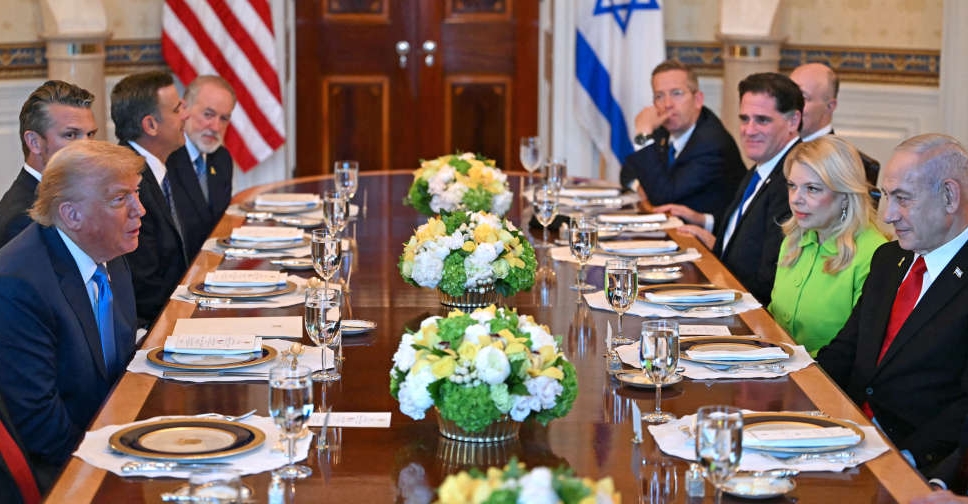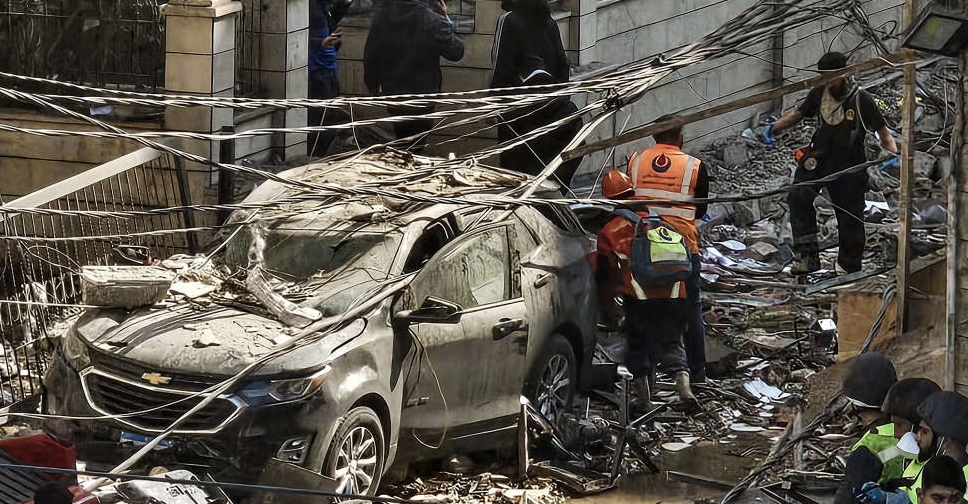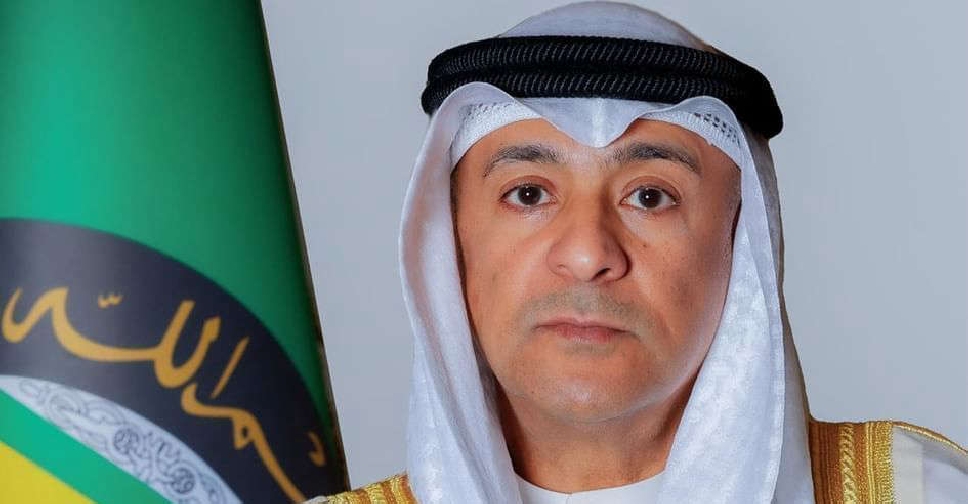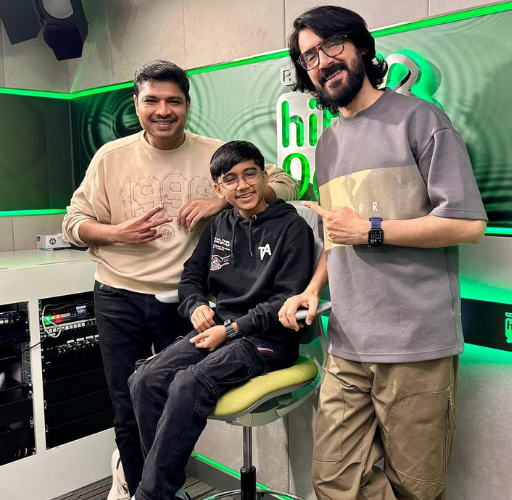
US President Donald Trump held talks with Israeli Prime Minister Benjamin Netanyahu at the White House on Monday, while Israeli officials continued indirect negotiations with Hamas aimed at securing a Gaza ceasefire and hostage-release deal.
The two leaders, with their top advisers, held a private dinner in the White House Blue Room, instead of more traditional talks in the Oval Office, where the president usually greets visiting dignitaries.
Following the meeting, Netanyahu said he wanted peace with Palestinians but described any future independent state as a platform to destroy Israel and for that reason sovereign power of security must remain with Israel.
Trump said "I don't know" when he was asked by reporters if a two-state solution was possible and referred the question to Netanyahu.
Netanyahu said, "I think the Palestinians should have all the powers to govern themselves, but none of the powers to threaten us. That means a sovereign power, like overall security, will always remain in our hands."
The Israeli leader had hinted at controversial effort to relocate Palestinians out of Gaza ahead of the dinner. Netanyahu said the US and Israel were working with other countries who would give Palestinians a "better future," suggesting that the residents of Gaza could move to neighbouring nations. Trump added that countries around Israel were helping out. "We've had great cooperation from ... surrounding countries, great cooperation from every single one of them. So something good will happen," Trump said.
Gazans have criticised the proposal and vowed never to leave their homes in the coastal enclave. Human rights groups condemned the plan as ethnic cleansing.
This was Trump's third face-to-face encounter with Netanyahu since returning to office in January and came just over two weeks after the president ordered the bombing of Iranian nuclear sites in support of Israeli air strikes. Trump then helped arrange a ceasefire in the 12-day Israel-Iran war.
During their meeting, Netanyahu gave Trump a letter that he said he had used to nominate the US president for the Nobel Peace Prize. Trump, appearing pleased by the gesture, thanked him.
Netanyahu is due to meet Vice President JD Vance at 9:30 EDT on Tuesday and visit the US Capitol to see congressional leaders. Earlier on Monday, he met Witkoff and Secretary of State Marco Rubio.
Ceasefire talks
Trump's Middle East envoy Steve Witkoff, who played a major role in crafting the 60-day ceasefire proposal at the centre of the Qatar negotiations, will travel to Doha this week to join discussions there, White House press secretary Karoline Leavitt told reporters earlier on Monday.
In a sign of continued gaps between the two sides, Palestinian sources said Israel's refusal to allow the free and safe entry of humanitarian aid into Gaza remains the main obstacle to progress in the indirect talks. Israel insists it is taking steps to get food into Gaza but seeks to prevent militants from diverting supplies. On the second day of negotiations, mediators hosted one round and talks were expected to resume in the evening, the Palestinian sources told Reuters.
The US-backed proposal envisages a phased release of hostages, Israeli troop withdrawals from parts of Gaza and discussions on ending the war entirely.
Hamas has long demanded a final end to the war before it would free remaining hostages; Israel has insisted it would not agree to halt fighting until all hostages are released and Hamas dismantled.
A ceasefire at the start of this year collapsed in March, and talks to revive it have so far been fruitless. Meanwhile, Israel has intensified its military campaign in Gaza and sharply restricted food distribution.
Talks with Iran
Trump said his administration would be meeting with Iran. "We have scheduled Iran talks, and they... want to talk," he said.
Trump's Middle East envoy Steve Witkoff said the meeting would take place in the next week or so.
Trump said he would like to lift sanctions on Iran at some point. "I would love to be able to, at the right time, take those sanctions off," he said.
Iranian President Masoud Pezeshkian said in an interview released on Monday that he believed Iran could resolve its differences with the US through dialogue.
Trump and his aides appeared to be trying to seize on any momentum created by the weakening of Iran, which backs Hamas, to push both sides for a breakthrough in the 21-month Gaza war.



 At least four killed in Israeli strike on building in Lebanon's Baalbek
At least four killed in Israeli strike on building in Lebanon's Baalbek
 Qatar busts two cells linked to Iran’s Revolutionary Guard
Qatar busts two cells linked to Iran’s Revolutionary Guard
 GCC condemns Iranian attack on Port of Fujairah
GCC condemns Iranian attack on Port of Fujairah
 Jordanian airspace reopens after 'comprehensive review'
Jordanian airspace reopens after 'comprehensive review'



